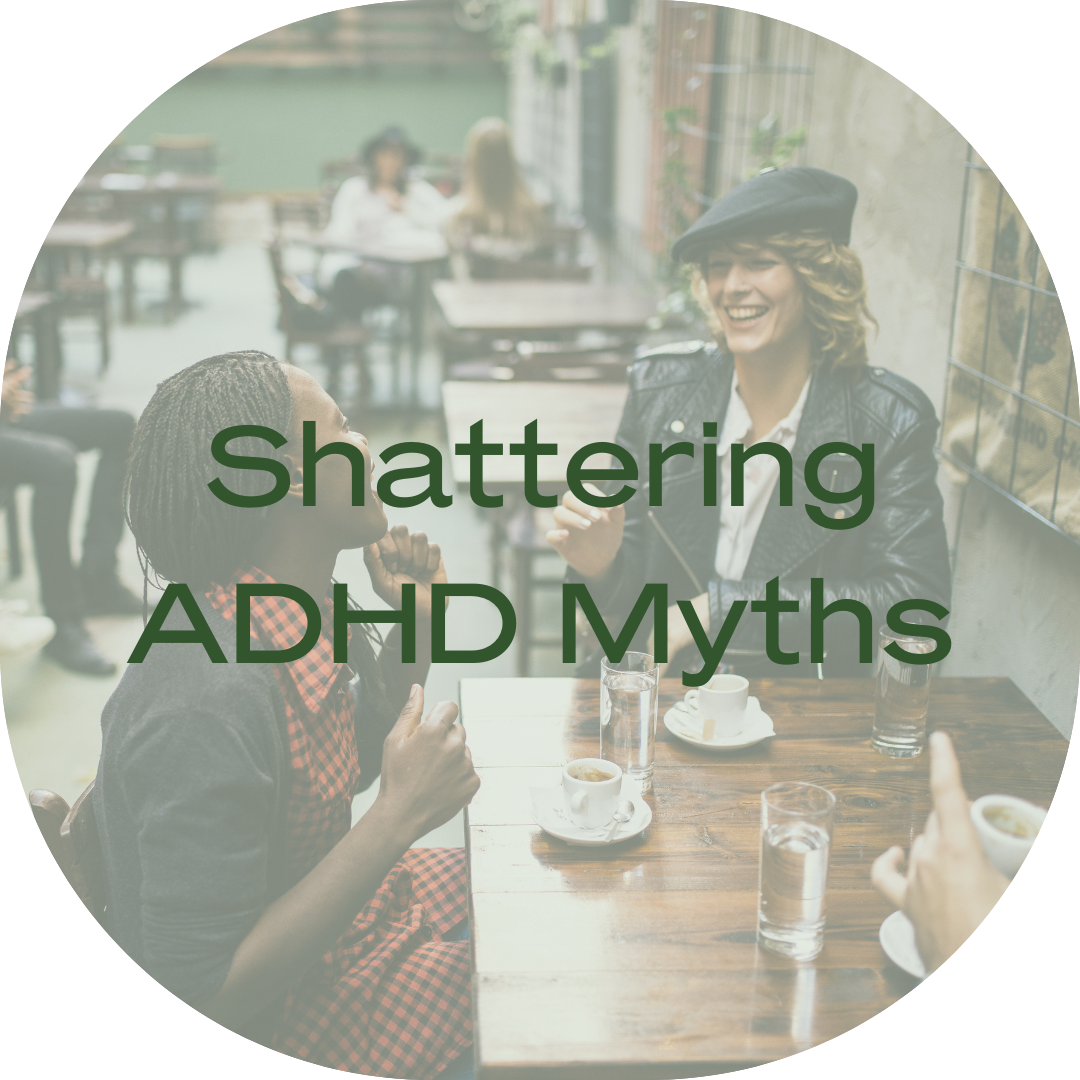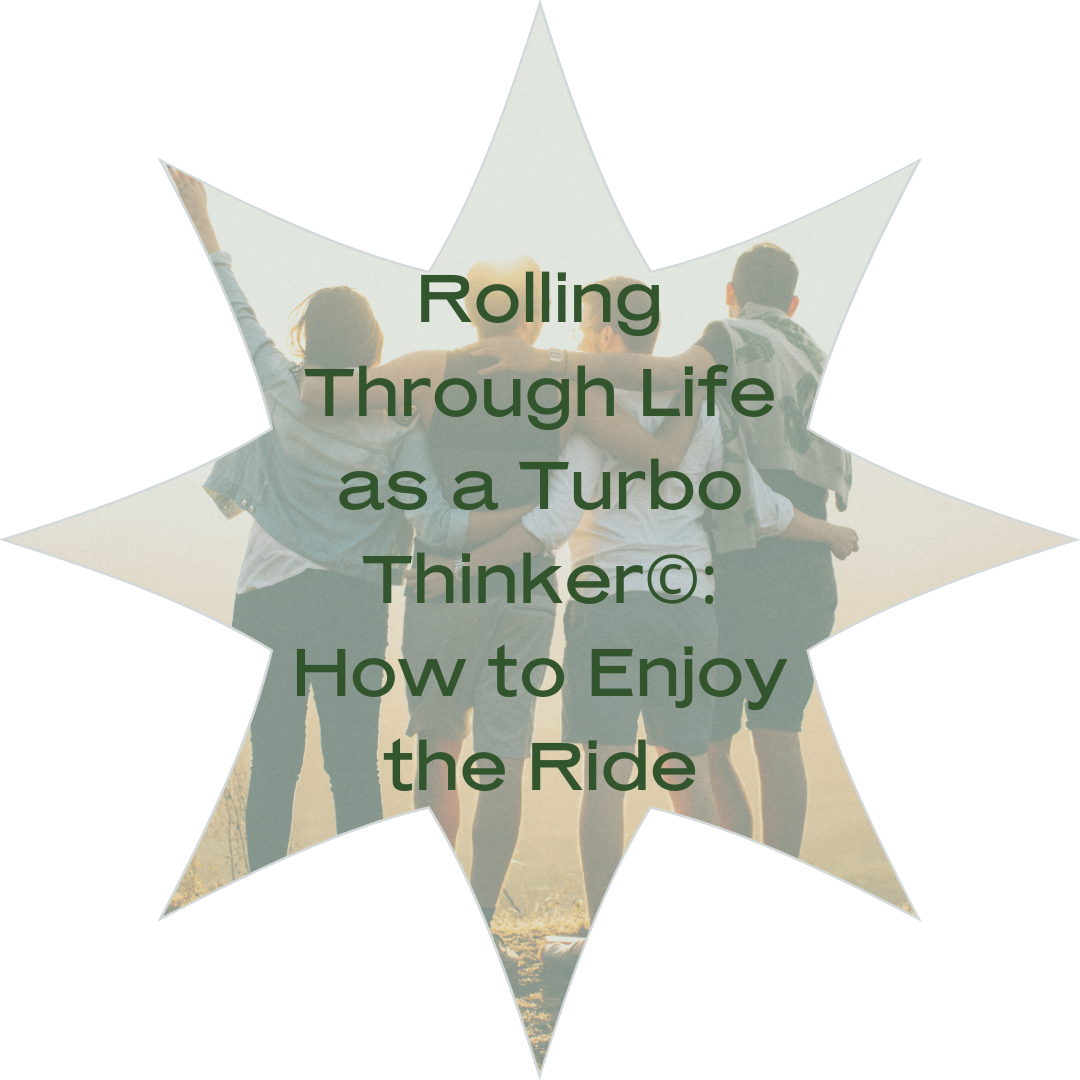The Heart of Turbo Thinking©: Emotions and Cognitive Functioning
I absolutely love this insightful article by the esteemed Dr. Russel Barkley. Here, he delves into the central role of emotions in the cognitive functioning of Turbo Thinkers©:
"It's like having erectile dysfunction of the mind. If the task you are faced with is something that turns you on, something that is really interesting for you, you're 'up for it' and you can perform. But if the task is not something that's intrinsically interesting to you, if it doesn't turn you on, you can't get up for it, and you can't perform. It doesn't matter how much you tell yourself, 'I need to, I ought to.' It's just not a willpower kind of thing."
Many tend to perceive emotions as being solely conscious feelings, limited to sensations of sadness, anger, pleasure, worry, and the like—emotions that a person is fully aware of and can generally identify. However, neuroscience has illuminated the fact that conscious feelings represent only a fraction of the intricate tapestry of emotions that silently operate within each individual, propelling executive functions. The eminent neuroscientist Joaquin Fuster, M.D., emphasizes, "Whereas we may be fully conscious of a retrieved memory, the vast majority of memories that we retrieve remain unconscious."
Frequently, these unconscious emotions clash, leading us to act in ways inconsistent with our consciously recognized intentions. An undercurrent of conflicting emotions often plays a role in our inability to complete tasks that we genuinely desire to accomplish or in our engagement, whether directly or indirectly, in actions that we consciously believe we do not wish to undertake.
The misconception surrounding Turbo Thinkers© is that we lack executive function skills. The truth, however, is quite different—we do possess these skills. What hinders us is our inability to access these skills when negative emotions or limiting beliefs obstruct the path. Drawing from my experience as an ADHD coach, the adage, "Where there's a will, there's a way," holds especially true for Turbo Thinkers©. When our passion and positive emotions drive us, there is no force capable of impeding our pursuit of our goals.
At times, the obstacle is clear, as when a task seems overwhelmingly tedious. However, sometimes, through the coaching process, we uncover deep-seated feelings of self-doubt or questions about our self-worth. Only by addressing these emotional barriers can we unleash our full potential to execute the ideas that enable us to become the greatest versions of ourselves.
Dr. Barkley's profound insights underscore the pivotal role of emotions in Turbo Thinking© and how mastering them can unlock our true cognitive potential. It's not about suppressing emotions but harnessing them to fuel our journey towards excellence.




